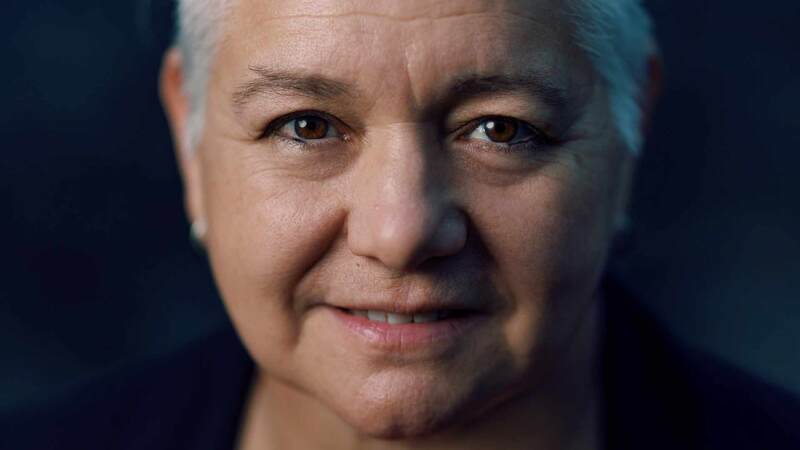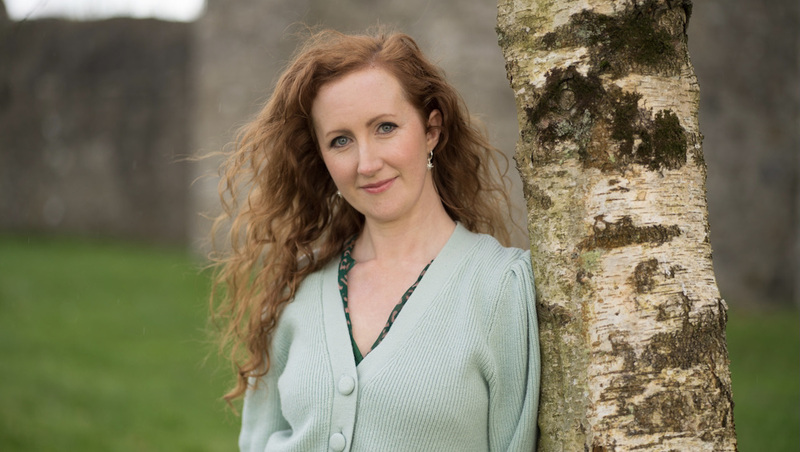You are viewing your 1 free article this month. Login to read more articles.
Review of the Year: Kinney, Kirby and a cattle dog power PRH Children’s, while S&S shines
PRH Children’s had a solid year, propelled by Jeff Kinney’s Wimpy Kid series, while S&S Children’s saw its sales soar by more than a third.
Penguin Random House Children’s had its best year through Nielsen BookScan’s Total Consumer Market (TCM) in nearly a decade to retain the top spot in the kids’ publisher league table, while Simon & Schuster Children’s posted a record return, vaulting over Walker to the top 10.
PRH Children’s £65.4m represented a 4.9% jump, its best TCM haul since 2015, fuelled by its usual spread of enviable heritage brands (Roald Dahl, Eric Carle), licensed characters (led by Bluey and Peppa Pig), a roster of year-in/year-out stars (Rick Riordan, Tom Fletcher) and strong returns from the Wimpy Kid. The creator of the latter, Jeff Kinney, was up nearly 12% via BookScan to £6.7m, and his 19th Puffin-published title in the series, Hot Mess, was the UK’s bestselling children’s book, pocketing £1.6m from 194,000 unit sales. Kinney was responsible for three of PRH Children’s top four titles by value last year, and seven of its top 25.
The author breaking up the trio of Wimpy Kid books’ run at the top of PRH Children’s was Katie Kirby, with The Majorly Awkward BFF Dramas of Lottie Brooks (Puffin) shifting £729,000. Kirby’s sales rocketed 83% to £2.9m, cementing her interesting move from parenting author to middle-grade star (Kirby’s Hurrah for Gin, based on her humorous parenting blog, was a hit for Coronet in 2016, shifting nearly 140,000 copies). Led by Kinney, Kirby, Fletcher (£3.5m), Dahl (£3.4m), Riordan (£2.7m), and Robin Stevens (£1m), Puffin was particularly strong in this space, claiming 30% of Children’s Fiction sales through the TCM.
After Kinney, Bluey was the division’s most valuable property. The beloved Aussie TV show turned bestselling books brand generated nearly £6m through the TCM and was responsible for 14 of imprint Ladybird’s top 15 titles by value. These are nervous times in the Bluey-verse, as the fandom (and this reporter) has been in a tizzy for the past month or so, after creator Joe Brumm said he would be stepping aside from writing the TV show. Peppa Pig had been the Ladybird leader before Bluey’s ascent, but it still does remarkable business: £4.6m was snouted last year, helped by 36 new editions released in 2024, led by Peppa’s Great Dinosaur Hunt.
PRH Children’s share of the kids’ sector (15.1%) is less than its parent group’s full-market chunk (21.4%). But children’s is a slightly different beast: entry into the Big Four club on TCM-wide terms means a 4.9% share or above, and if we apply that rubric here, the sector would have a Big Eight – PRH Children’s down to Bonnier Books UK. That octet collectively earned 63.2% of children’s TCM sales last year; throw in S&S and Bloomsbury’s kids’ divisions and the top 10 children’s publishers generated £7 in every £10 spent on a kids’ book in the UK last year. Compare that to the full market, in which the top 10 publishers earned a leaner 58% of sales through BookScan. Simply put: it is a much more competitive marketplace for indies and smaller players in children’s than in the adult publishing game.
S&S sizzles
The overall children’s market dipped a smidge (-0.6%) to £433.4m, though we should be mindful that was still the third-best return for the category since records began. But the slight contraction is why we do not see too many huge gains in the top 20, though S&S Children’s was one. S&S exceeded the £10m TCM barrier for the third time in a row and obliterated its previous record results by some £2.8m. This has been building since MD Rachel Denwood came over from HarperCollins. Prior to her arrival in 2019, the division only passed the TCM £8m mark once but the last four years have all trounced that, and been by far S&S kids’ best run.
It has helped that Denwood’s tenure dovetailed with the TikTok era (at time of writing, currently spared from “going dark” in the US by the new president’s intervention). At any rate, leading the S&S charge is the BookTok-beloved Lauren Roberts, who churned out £2.8m, and whose Powerless series contributed the division’s three top sellers. Roberts was born in 2002, by the way, and wrote the series opener Powerless when she was 18. Makes you sick, doesn’t it? But even if we strip out Roberts’ sales, S&S would still have logged a record year, with strong returns from AF Steadman’s ( 1) Skandar series (£1.3m), Dork Diaries creator Rachel Renée Russell (£1.7m) and picture book team Sue Hendra and Paul Linnet (£980,000). With Roberts, S&S made hay in the surging Young Adult space: 43% of its TCM revenue came from the category, a greater share than any other publisher in the Top 20.
In the Spotlight
Magic Cat
Volume: 49,771
Value: £650,290
Yr/Yr: 24.5%
The 2024 Small Publisher Nibbie winner Magic Cat improved 25% on the previous year’s value sales, the fourth-biggest rise in TCM percentage terms in the children’s sector. The London indie launched 30 frontlist titles in 2024, five years on from being founded by ex-Templar and Quarto colleagues Jenny Broom and Rachel Williams, led by Robert Macfarlane, Johnny Flynn and illustrator Emily Sutton’s critically lauded The World to Come.
The smart money
The highest riser in the Top 20, David Fickling Books (+58%), scores another TCM value record for the third year on the trot – the indie has essentially doubled its BookScan takings every 12 months during that run. Yes, DFB benefits from Jamie Smart rocketing to the stratosphere as the Bunny vs Monkey star accounts for a whopping 89% of its TCM haul, but it has others bubbling under, including 2023 Nibbie winner SF Said, graphic novelist Neill Cameron, plus Sarah McIntyre and Philip Reeve’s Adventuremice series.
While Smart’s DFB percentage is rare, we should note that in children’s, big brands are regularly responsible for meaty portions of publishers’ sales revenue, even at conglomerates with deep pockets and sprawling lists. Dav Pilkey and Julia Donaldson combined to account for 47% of Scholastic’s TCM take; Donaldson alone was worth 37% of Macmillan Children’s BookScan revenue (add Roger Priddy and Rod Campbell and the trio made up 47%); and JK Rowling banked 44% of Bloomsbury Children’s TCM.
Over at Quarto, Maria Isabel Sanchez Vegara and illustrator Borghild Fallberg caught some Eras Tour magic with the June-issued Little People, Big Dreams title Taylor Swift (Frances Lincoln) shifting just over 157,000 copies for £1.1m, making it the fourth-bestselling kids book last year. This was by far the publisher’s top seller – Sanchez Vegara and Florencia Gavilán’s Leo Messi was next, in 452nd overall – and all told, Sanchez Vegara earned £3.7m (or half) of the entire Quarto group’s children’s output.

















